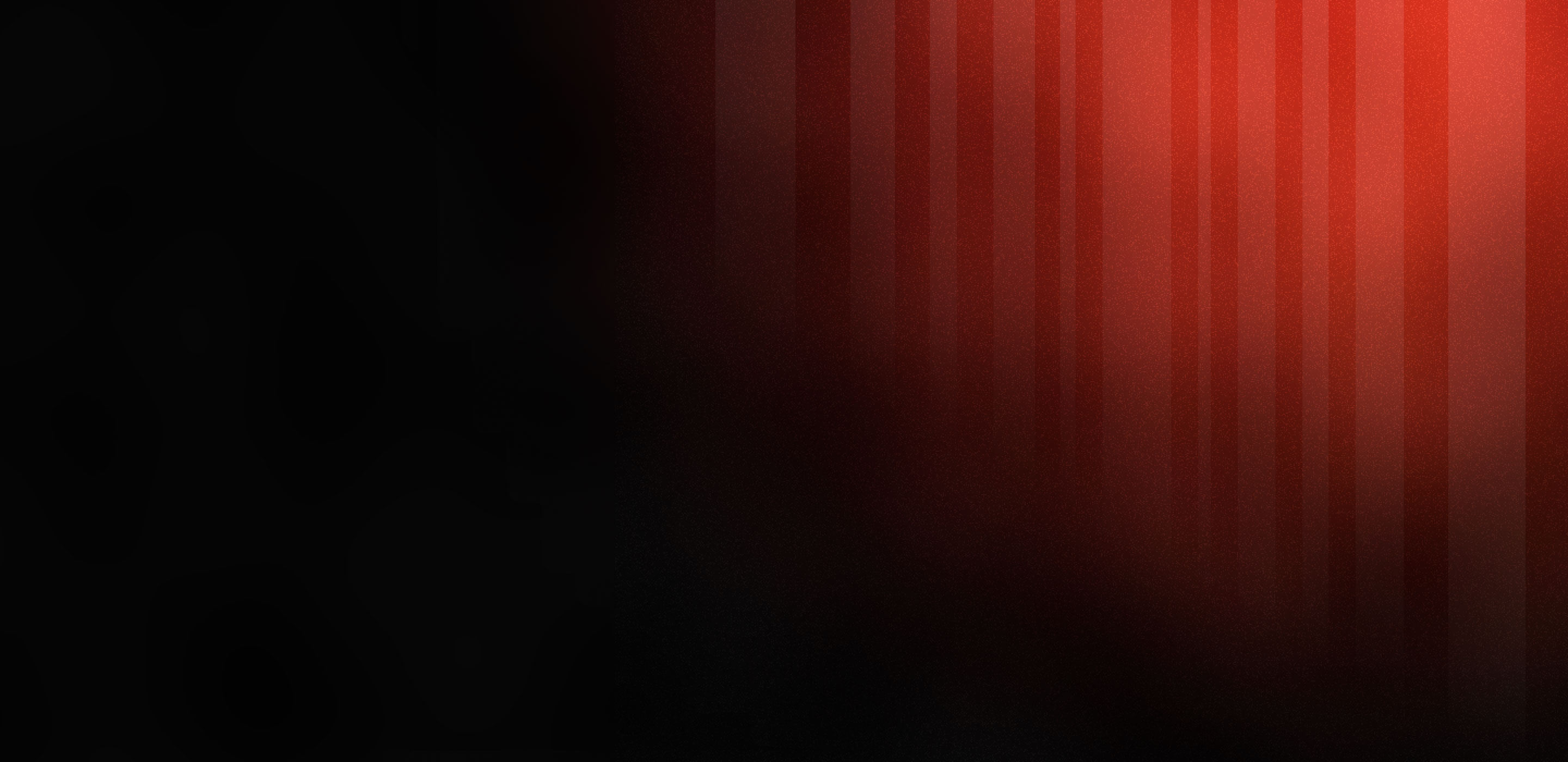The Pinarello story
While Pinarello prides itself on leading the pack in modern bike design, it has remained true to its family roots, and the story of the company known as 'Cicli Pinarello', stretching back to 1952, is synonymous with cycling history in the second half of the twentieth century. It is a story of humble origins and hard work; of romance and of glorious success.
Giovanni Pinarello was born, the eighth of 12 brothers, in Catena di Villorba in 1922. Like so many rural Italians, he developed a passion for cycling, began racing, and in 1947, aged 25 and after over 60 victories as an amateur, he turned professional, scoring five wins over the next seven years.
His career as a pro cyclist overlapped, however, with his new vocation - building bicycles. In fact, Giovanni took his first steps as a frame-builder when he was just fifteen, and helped in the Paglianti factory; but the Pinarello family's connections with the industry stretched back even further, to 1922, when Giovanni's cousin, Alessandro, made bikes from a small factory.
In 1952, as his professional career came to an end, Giovanni opened his own factory in Treviso, where Pinarello is still based to this day. But the opening of the factory owed rather a lot to a major disappointment. Giovanni was forced to give up his place in his country's national tour, the 1952 Giro d'Italia, for a promising young Italian rider, Pasqualino Fornara. His sponsor, Bottechia, offered him a small fortune, 100,000 Lire, to miss the race - a sum of money that was invested in the Treviso factory and store.
As he began building bikes, Giovanni Pinarello's connections with the world of professional cycling proved crucial; he knew that by working closely with the top cyclists and teams he would be able to develop race-winning bikes, and that the resulting publicity would cement his reputation as a leading frame-builder, and help his company to grow exponentially.
In 1957 the small la Padovani team raced on Pinarello bicycles, and in 1960 Pinarello took a step into the world of big-time professional racing with his sponsorship of the Mainetti team. Six years later came a first international win - Guido de Rosso's victory in the Tour de l'Avenir. And in 1975 came success in the big one as far as Italians are concerned - the Giro d'Italia, courtesy of Fausto Bertoglio.
In the 1980s Pinarello confirmed itself as one of the world's leading bike manufacturers by winning some of the top races, including the 1981 Giro d'Italia and Vuelta a España; the 1984 Olympic road race in Los Angeles; and in 1988 the biggest of all bike races, the 1988 Tour de France, thanks to Pedro Delgado. Then, of course, came Indurain in the 1990s, who, as well as his five Tour victories, won the Giro on two occasions, the Olympic time trial, world time trial and claimed the hour record - all on Pinarello bikes.



